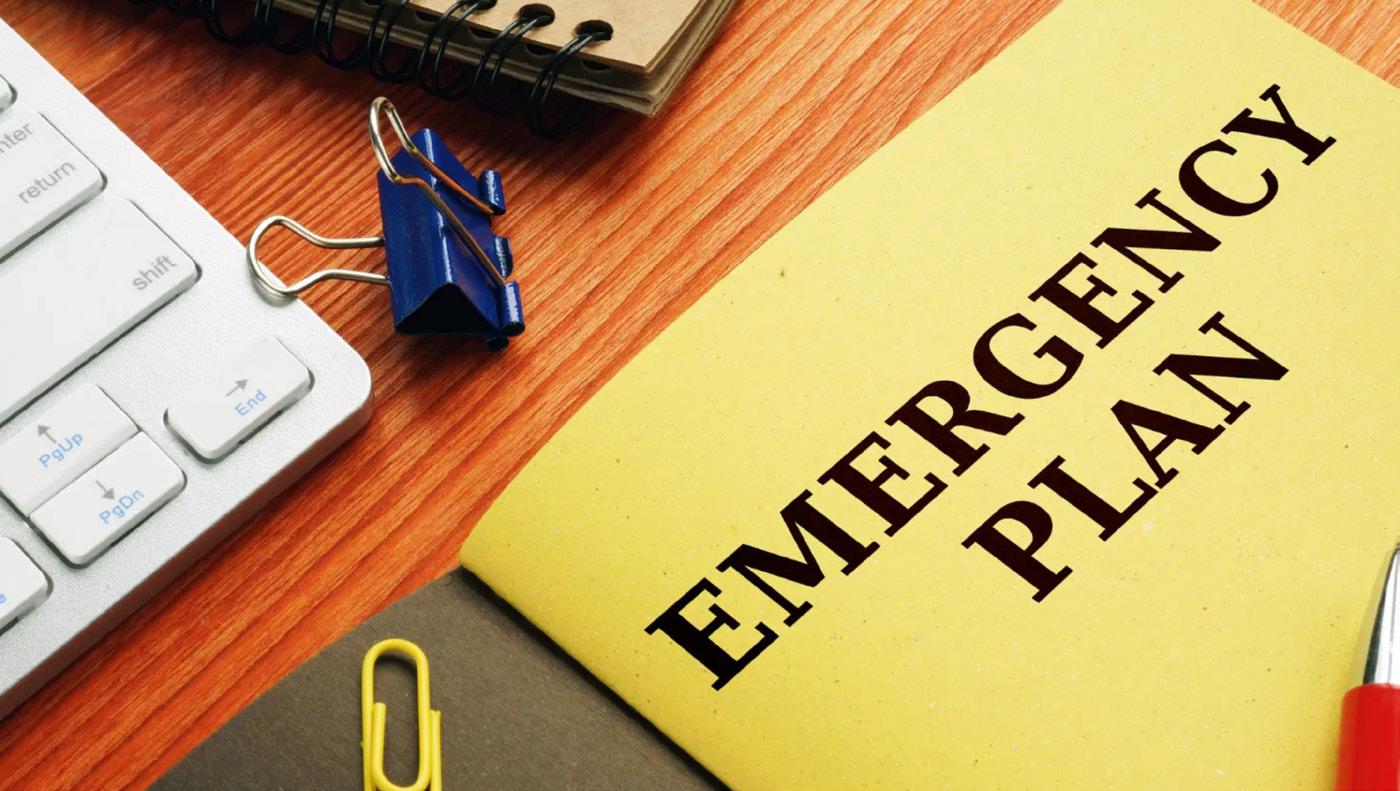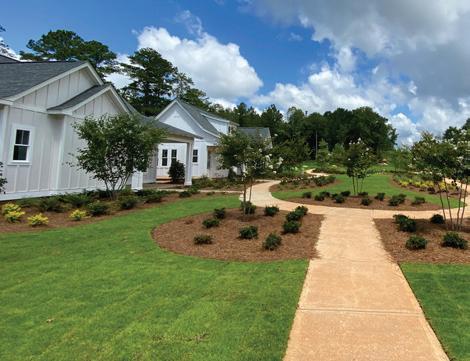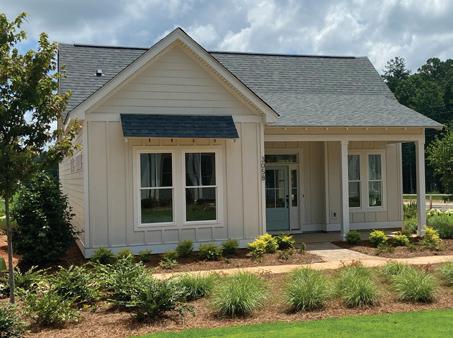
3 minute read
MONEY MATTERS
Are your finances prepared for the next emergency?
Earlier this year, one of our Alabama Valley Bank colleagues watched from her Birmingham house as a tornado tore through her neighborhood. Another associate in Alexander City had hundreds of trees on his property ripped from the ground in a storm. It seems like everyone in our area has a story about how close a storm came to taking everything away.
With this in mind, planning ahead is critical. You may not be able to predict if a storm or other disaster affects you or your family, but you MONEY can take some simple steps to MATTERS prepare for almost anything that happens.
Get organized
Working with clients at Valley Bank, I like to share the FEMA Emergency Financial First Aid Kit, which you can find easily at FEMA.gov. This document includes checklists and forms to help you take stock of all your critical financial information now when you have time, and Lori Harrell you’re not in crisis. When a storm is coming, you certainly want to think about what emergency supplies you need, but you should also have a checklist ready to ensure your financial safety.
Set aside money in an emergency fund
Through your bank, you should be able to set up an account that automatically pulls a small amount from your paycheck each month, so you don’t have to think about saving for a disaster. We recommend a completely separate account to eliminate the temptation of borrowing from the emergency fund for other purposes. Also, remember that when a disaster hits, you will likely still have to pay your mortgage, loans and credit card bills. That emergency fund may help with that, or you may need to get in touch with your banker or credit card company to seek assistance. A local banker will also know what programs are available in your area to help people recover after disasters.
Create a plan for helping others in your community
When a hurricane or tornado strikes, many people in your community may be dealing with more than they can handle. Ask yourself how you can be involved if you’re able. Do your research now and consider getting involved with organizations with a history of serving your local community: Two we recommend are the American Red Cross and the local United Way.
Go digital
I am a little old-school, so I suggest putting together a binder of important documents and forms because you will want to keep everything handy in one physical place. Maybe for you, that’s in a safe or a safety deposit box. But I also know how temporary physical places are, which makes storing digital copies of your key documents also a must. And if you haven’t already made a move to direct deposit and electronic banking, now might be a good time to start. Having access to funds digitally will prevent you from having to worry about paper checks or statements when you’re worried about your home or your family. It will also ensure that you have an easy-to-access digital record of transactions. Speaking of digital records, make sure to take photos and videos of your home and your valuables every year or every quarter, which will help when it comes to insurance claims.
~Lori Harrell has been a retail market manager for Valley Bank for more than nine years. She works with both the Mill Square branch in Alexander City and the Dadeville branch.


We invite you to live a luxurious golf lifestyle at The Yards, our newest community at National Village
The Yards, a must-see collection of 21 cottages, is now open at National Village along the Robert Trent Jones Golf Trail in Auburn-Opelika, Alabama. You will fall in love with these new construction homes within a controlled access neighborhood with sidewalks and community gardens designed by WAS. The home plans for the cottages are designed by national award winner Larry Garnett and feature inviting porches. Best of all, The Yards is adjacent to the Marriott at Grand National and all of the resort amenities including spa, pickle ball, tennis, and pool. Schedule a tour by calling 334.749.8165 or visit NationalVillage.com.













